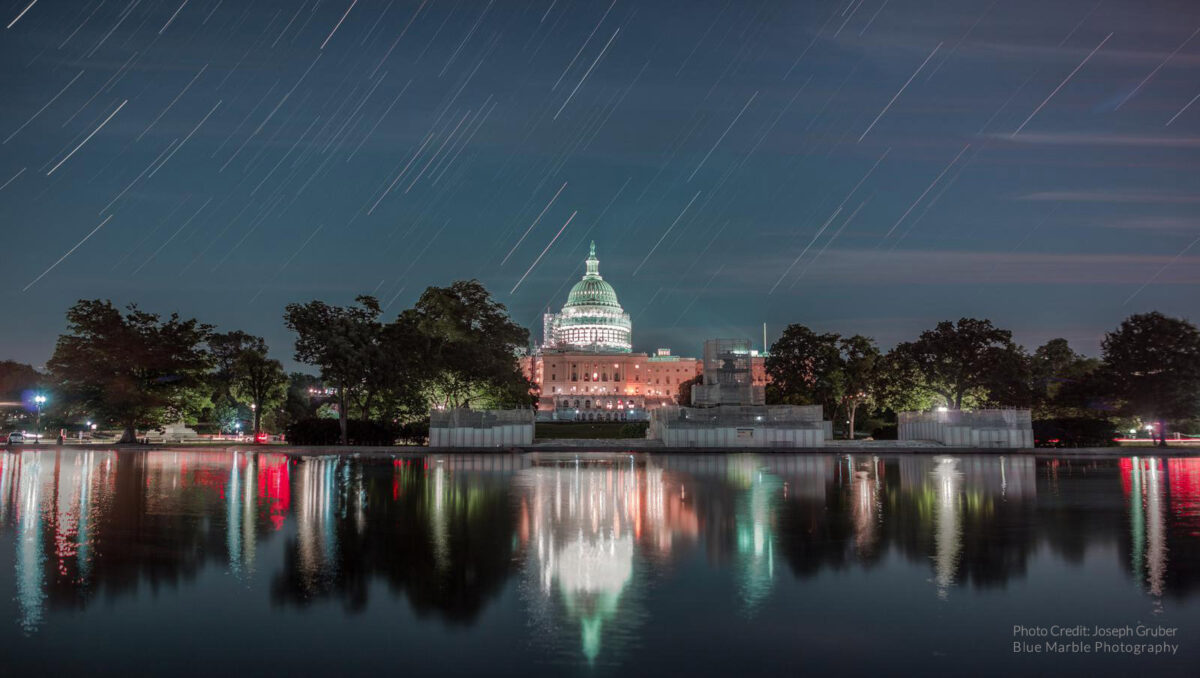The Space Advocate • Jan 11, 2023
The Space Advocate Newsletter, January 2023
From the Chief of Space Policy

The unprecedented (in modern times) series of votes to elect the new Speaker of the U.S. House of Representatives is more than just legislative drama for political junkies. It portends a difficult path for funding the U.S. government — and NASA — this year; there is a strong likelihood of both a government shutdown and severe cuts to the space agency.
The 118th Congress is divided between Democratic control of the Senate and Republican control of the House. Both have narrow majorities, but the Republican House majority is fractious; compromise will be difficult. Concessions wrung out of the new Republican Speaker by a core group of conservatives include a commitment to cut non-defense discretionary spending by upwards of 25% next year. The Democratic Senate will not agree to this. But needless to say, a 25% cut to NASA, compounded by increases in inflation of upward of 10%, could functionally undo the last 10 years of budget growth and wreak havoc on major programs.
The question becomes: if these (or even less severe) cuts come to pass, where would they come from? The Lunar Gateway? NASA’s Human Landing System contract with SpaceX? Mars Sample Return? The Roman Space Telescope? A sudden cut to any one of these projects wouldn’t just result in years of delays, project disruption, and loss of key personnel, but would, perversely, lead to overall cost increases due to these induced inefficiencies.
A political standoff is almost certain to ensue, and we face the real possibility of a government shutdown on October 1st should no spending agreement be found. A shutdown, even a temporary one, is itself extremely disruptive, particularly for space projects nearing launch like Europa Clipper.
I should note that the disruption and delay of NASA projects are not explicit goals of the new majority now controlling the House of Representatives. I’d wager it hasn’t even come up in discussions. But because NASA’s fortunes tend to rise and fall with overall government spending levels, the negative consequences are real, regardless of intent.
The Planetary Society intends to argue vigorously against cuts at NASA before members of every party — we must protect critical projects in planetary exploration and science. Expect to hear more from us later this year about ways in which you can help.
Until next time,
Casey Dreier
Chief of Space Policy
The Planetary Society
Space Policy Highlights

House Finally Ready for 118th Congress, Government Spending Cuts Top Priority (spacepolicyonline.com) The struggle over the Speakership and flaring intra-party tempers are important from a space policy perspective because of what it foreshadows for passing legislation in these next two years. Getting any legislation passed is a challenge, but all the more so when the Speaker and his supporters are at such odds with a group within their own party."

Senators seek funding boost for NASA and NSF astrophysics programs (spacenews.com) "Five senators are asking the White House to add at least $300 million in the next budget proposal for NASA and the National Science Foundation (NSF) to support priorities from the astrophysics decadal survey."

The moon beckons once again, and this time NASA wants to stay (washingtonpost.com) "The moon also has a story to tell — both about the formation of the solar system and how Earth came to be. Without an atmosphere, it’s a time capsule. The Apollo astronauts’ footsteps remain intact, undisturbed by weather or wind, as do the scars of billions of years worth of bombardment of asteroids and comets that were part of the early formation of the solar system."

So long, Richard Shelby, and thanks for all the pork (arstechnica.com) "For the last decade, Shelby was arguably the most influential US government official when it came to space policy, dictating NASA's continued development of the Space Launch System and focusing on an Apollo-like plan to return to the Moon. He did so over the last decade by lavishing more funding on the SLS rocket program, which was based at Marshall, than NASA asked for every year."
Planetary Radio: Space Policy Edition

JPL Director wants "every brain" to have the chance to work in space exploration
After the delay of the Psyche mission, an independent review board faulted management and workforce problems at NASA's Jet Propulsion Laboratory as one of the causes. This month, we feature the JPL Director, Dr. Laurie Leshin, to discuss what the lab is doing in response to these critiques, how NASA can compete with the private sector for top talent, and why our society needs to improve the diversity of its workforce to ensure every brain possible can work in space exploration.


 Explore Worlds
Explore Worlds Find Life
Find Life Defend Earth
Defend Earth

